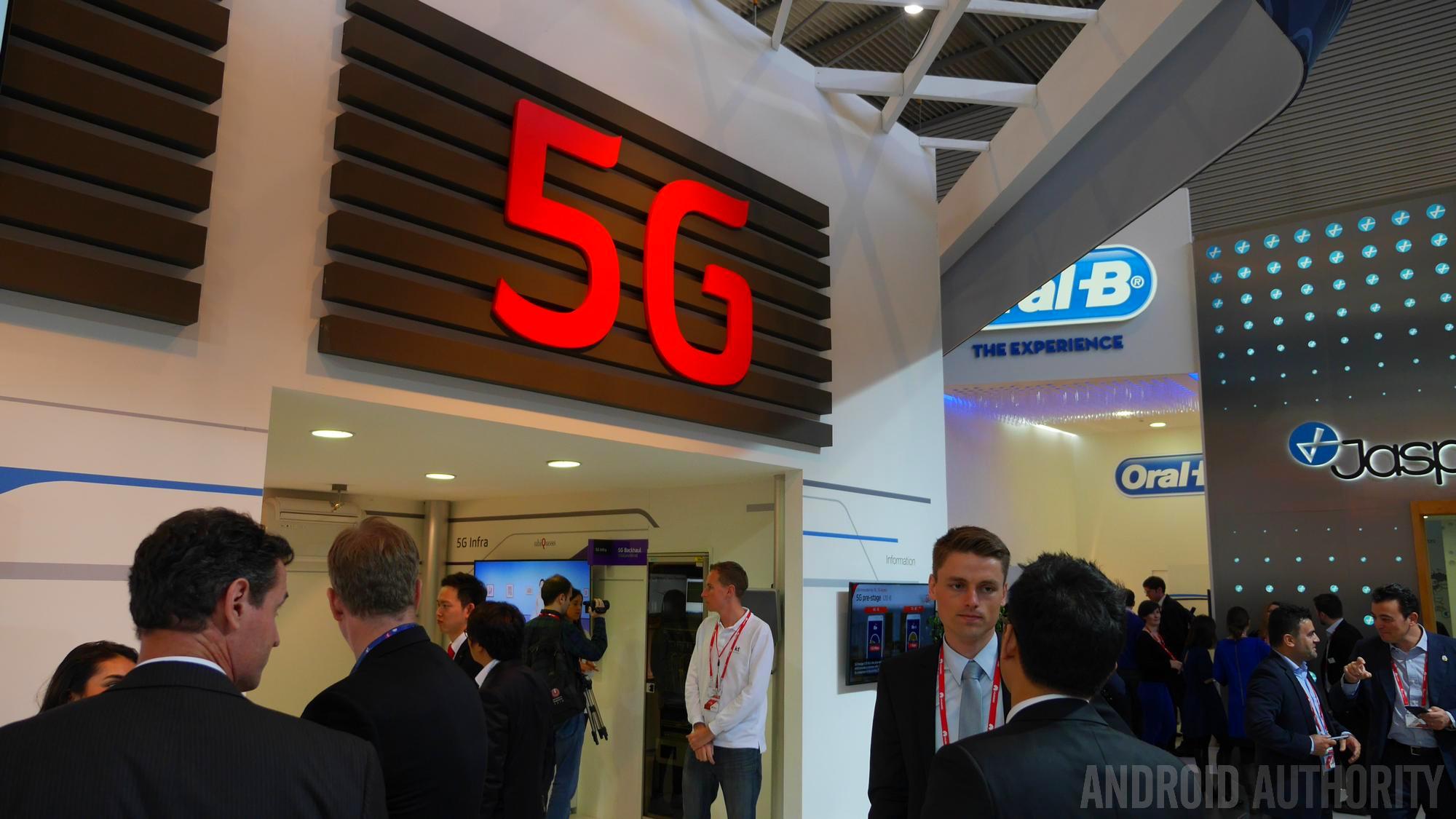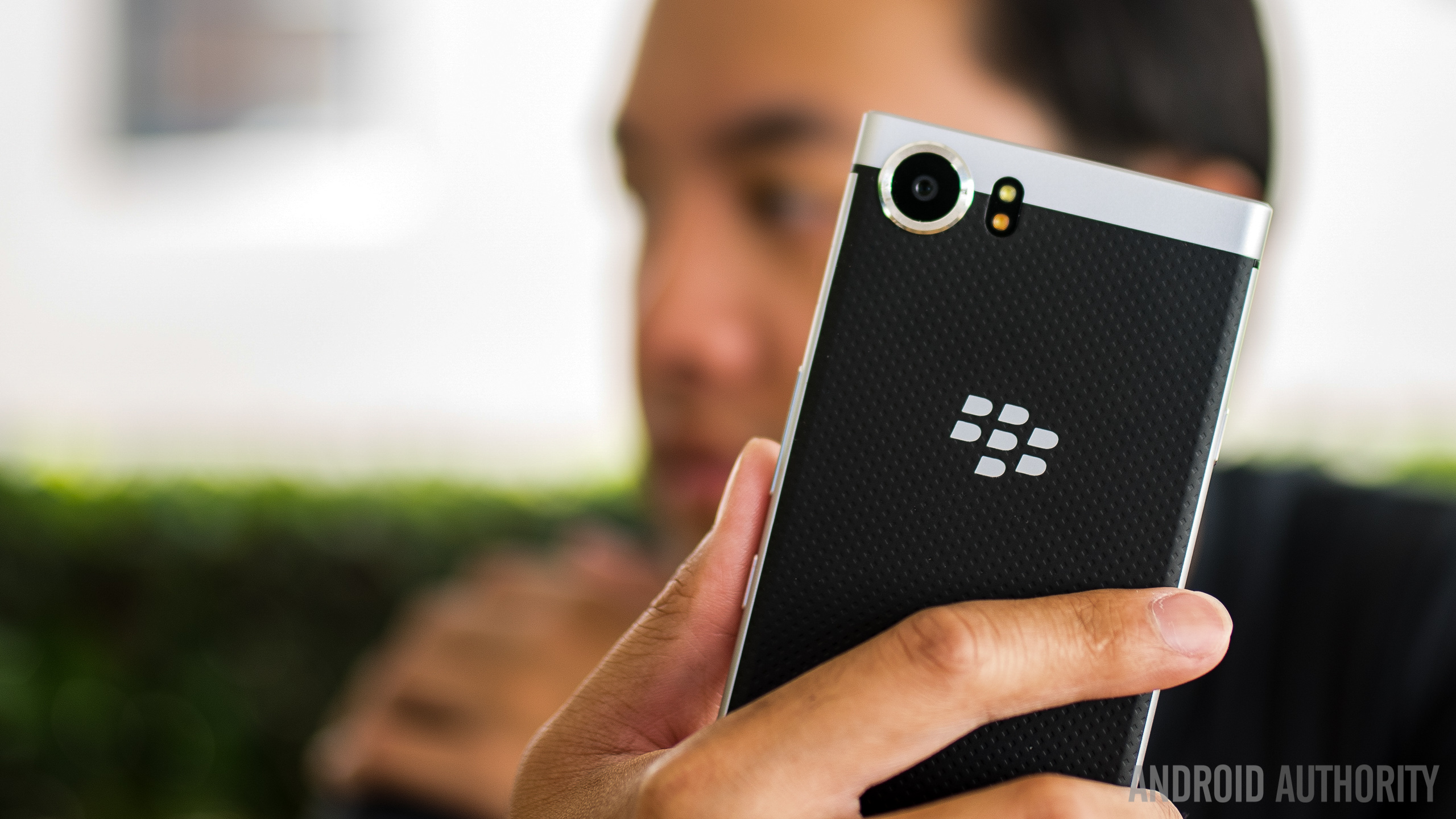- Huawei is reportedly working on an alternative to Android, and has been since 2012.
- The platform is apparently inferior to Android and lacks third-party app support.
- If released, Huawei would join Samsung in having its own chips and mobile OS.
Huawei is working on an alternative mobile OS to Google’s all-powerful Android platform. According to the South China Morning Post (SCMP), citing “four people familiar with the company’s plans,” the Chinese colossus has been developing its own mobile OS since 2012.
The news comes after reports that Huawei is under investigation by the U.S. for breaching sanctions against Iran. If confirmed, it would mark the second time in recent weeks that a Chinese brand has been charged with selling equipment to Iran, in violation of U.S. trade laws.
ZTE currently faces a seven-year U.S. supply ban for selling equipment to Iran, which means it would be deprived of key technology like Qualcomm Snapdragon mobile chips. It’s also believed that the company could lose access to Google Mobile Services (GMS) as a result. Google allows qualifying brands to use GMS on their phones, comprised of popular Google apps and APIs.
ZTE’s supply ban has also caused the Chinese government to ramp up its already ambitious plans for the domestic semiconductor industry, it has emerged.
Huawei’s rainy day plan
The Huawei mobile OS project was started after the U.S. initiated an investigation against it and ZTE in 2012, one of the sources told SCMP, adding that Huawei also had an OS for tablets and PCs.
The sources said the project was initiated by founder Ren Zhengfei to prepare for “worst case scenarios.” It’s believed that the company hasn’t released the platform because “it’s not as good as Android” and doesn’t have as many third-party apps.
Read more: How screwed is ZTE right now?
Honor president Zhao Ming was also asked whether Huawei (Honor’s parent company) was working on its own mobile platform, especially following the ZTE ban.
“There is no doubt that Huawei is capable of doing it, but for now I don’t think it is necessary since we work very closely with Google and will continue to use its Android system,” Zhao said, according to the publication.
It wouldn’t be the first reported confirmation of Huawei’s mobile OS work either. Back in 2012, Caijing (translated version) reported on a speech by Ren. The Huawei founder reportedly said they were developing their own platform due to “strategic consideration” — in the event they were cut off from Google and Microsoft’s platforms.
Huawei could pull a Samsung and have its own platform, in addition to its own chips. But will it make a difference in the event of a trade ban?
In 2016, The Information reported that the Chinese brand was working on its own platform too. The publication’s sources said the project was still in its early stages. However, it’s believed that the project’s team is based in Scandinavia and includes former Nokia employees.
Huawei already has an advantage over ZTE and other Chinese companies in the event of a trade ban against it. The company develops its own Kirin mobile chips, helping the firm drastically reduce its reliance on foreign silicon, such as Qualcomm’s Snapdragon processors. The brand still uses Snapdragon chips in its low-end devices though, such as the Y series and Honor A family.
Huawei told SCMP that it had no plans to release its own OS in the “foreseeable future.” It added that it focused on Android but had an “open attitude” towards mobile platforms.
A stiff challenge, even for Huawei
Creating a mobile OS isn’t a walk in the park as, of course, and no matter how good the underlying platform is, third-party support and Google backing are increasingly important factors for success.
Microsoft’s Windows Phone, for example, eventually crumbled due to withering developer and hardware support. Google support never came to the platform in any significant way either, as proper Google Maps and YouTube apps didn’t surface.
It’s a different story in China itself, as local apps and non-Google services form the backbone of Android there. But for a huge company like Huawei, being a top player in many markets around the world, a work-in-progress insurance policy is better than no policy at all.
from Android Authority https://ift.tt/2HASLxk




No comments:
Post a Comment